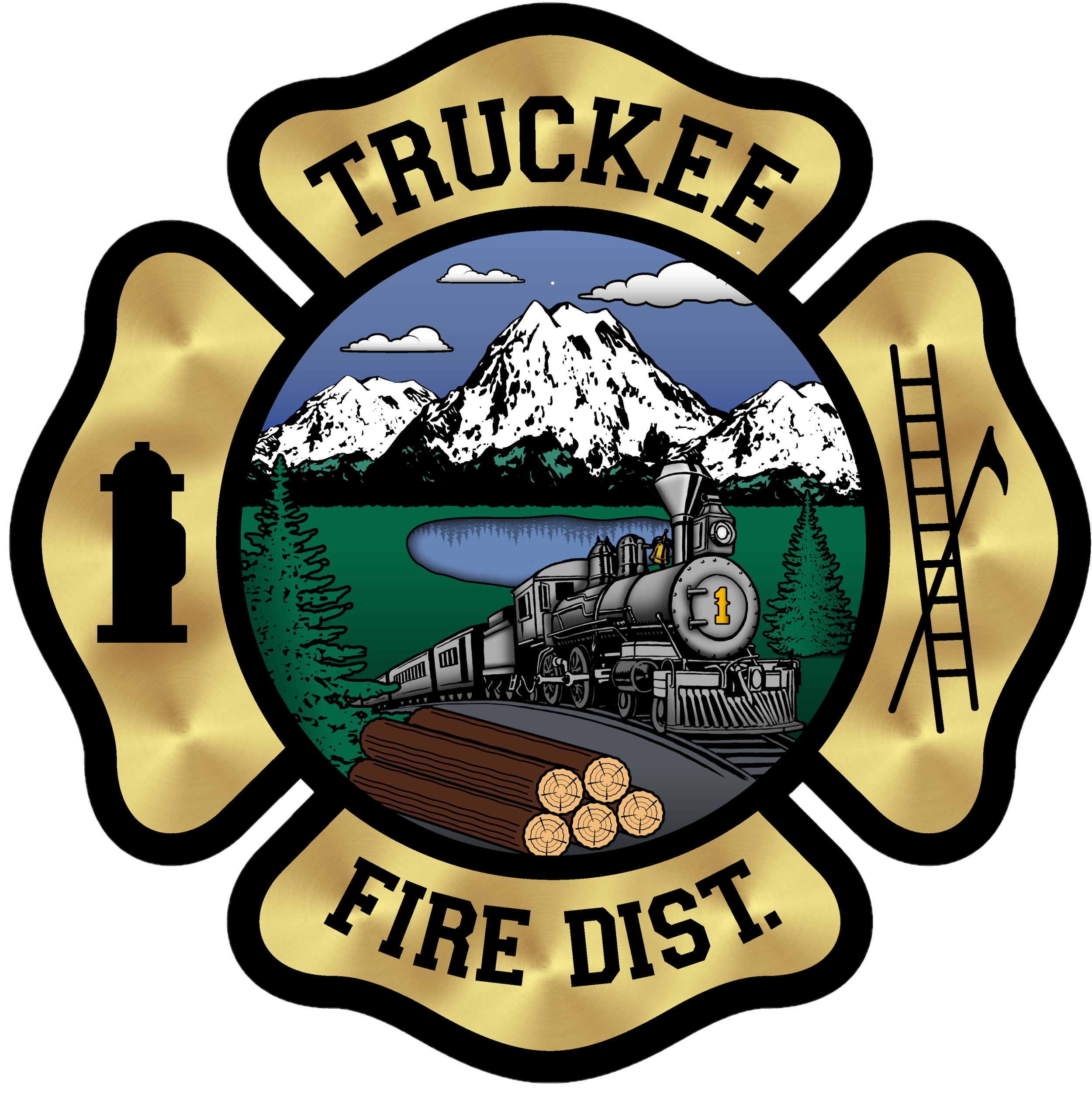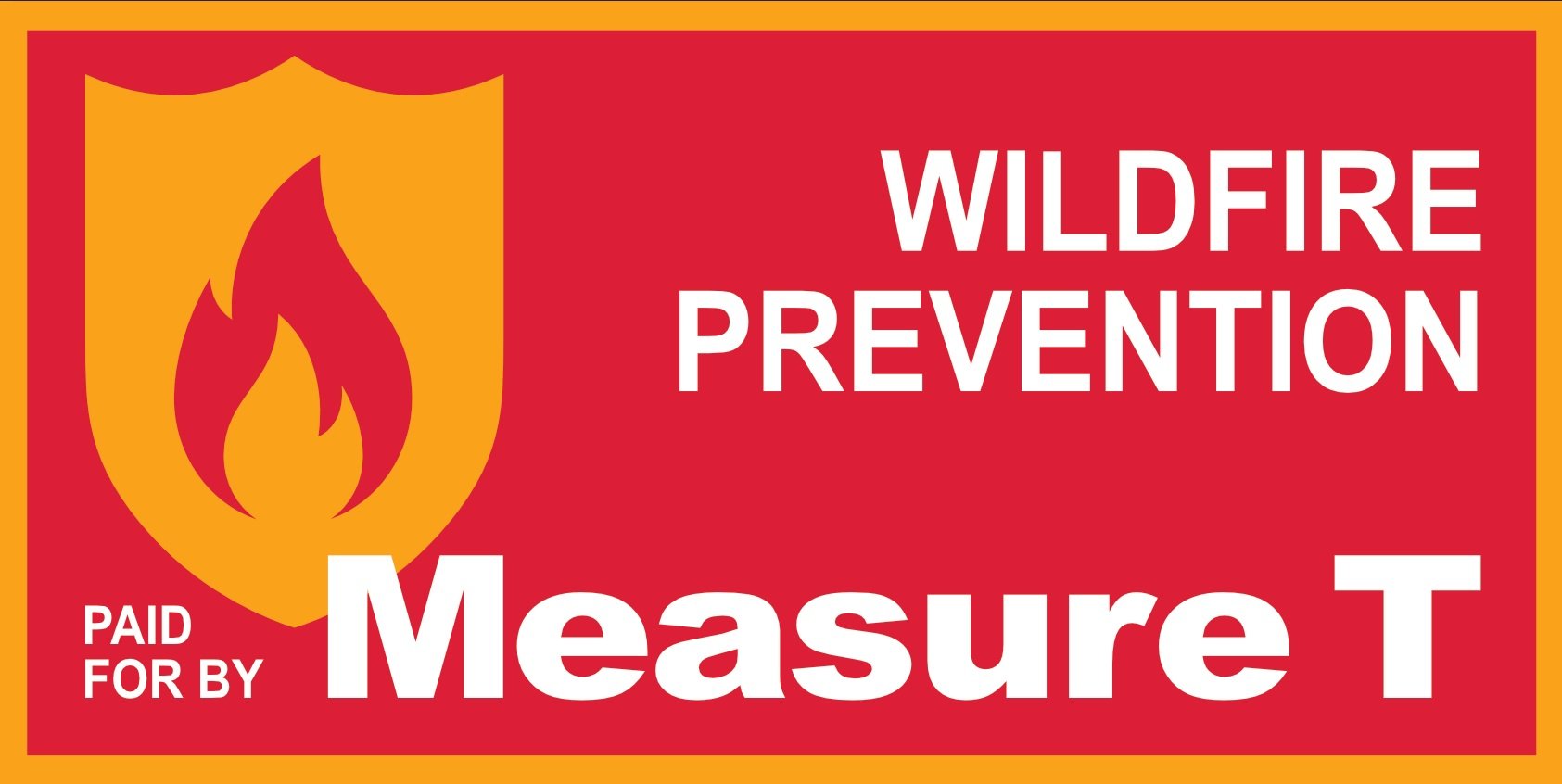Community Wildfire Prevention Grant Program
Funding for Wildfire Prevention projects and activities within the Truckee Fire Protection District that focus on increasing the protection of people, structures, and communities.
The application period is NOW OPEN.
-
The Community Wildfire Prevention Grant program is intended to enhance forest management and fuel reduction projects, and/or support new projects and programs, with the objective of reducing the threat and intensity of wildfire in the Truckee and Donner Summit Wildland Urban Interface (WUI) by reducing fuel loads and better preparing the community for wildfire.
Up to $500,000 will be allocated to the grant program in Fiscal Year 2024-2025 from the Measure T Wildfire Prevention Fund. There is no minimum or maximum funding request for this round.
Tentative Application Schedule:
This schedule is subject to change.
Release – April 18, 2024
Focused Grant Workshops – May 6, May 13, May 23, and May 30
Closing Date – June 14, 2024 at 3pm
Proposals Reviewed by Review Committee - Week of June 17, 2024
Notice of Intent to Award – Week of June 24, 2024
Execute Agreements - July 1, 2024
Focused Grant Workshops (virtual Teams Meetings)
Monday, May 6th from 4-5pm
Topic: Grant Overview and Application Process & Review
Monday, May 13th from 5-6pm
Topic: Developing Your Scope of Work and Acquiring Community Support
Thursday, May 23rd from 3-4pm
Topic: Developing Your Project Budget
Thursday, May 30th from 4-5pm
Topic: Project Application and Submission
-
Projects are limited to the geographic area of the Truckee Fire Protection District, no projects proposed outside of the Fire District boundary will be eligible. Forest fuels reduction and forest health and resiliency projects must be a minimum of 5 acres, multiple smaller landowners may combine to create a project area greater than or equal to 5 acres. Those who are eligible to apply include:
Local Agencies / Special Districts
Native American Tribes
Non-profit organizations or HOAs with a 501(c)(3) designation
Eligible applicants may be one of the following only under specific conditions:
Private, non-industrial landowners (specific requirements are outlined on page 11 of the procedural guide).
Other HOAs, POAs, or other Mutual Benefit Corporations or similar (specific requirements are outlined on page 11 of the procedural guide.
A privately held, for-profit company or corporation, only if 2:1 match can be provided.
For example, if a wireless provider proposed a fuel reduction project around critical cell towers that would cost $90,000 total, Truckee Fire would provide $30,000 towards the project and the applicant would have to provide $60,000 in match.
-
Forest Fuels Reduction
Vegetation clearance in critical locations to reduce wildfire intensity and rate of spread.
Creation or maintenance of fuel breaks in strategic locations as identified in a Community Wildfire Protection Plan, or similar strategic planning document.
Removal of ladder fuels to reduce the risk of crown fires within and around communities.
Selective tree removal (thinning) to improve forest conditions to withstand wildfire.
Modification of vegetation adjacent to roads to improve public safety for egress of evacuating residents and ingress of responding emergency personnel.
Reduction of fuel loading around critical infrastructure to maintain continuity of critical services.
Equipment purchases to support forest fuels reduction programs and activities within and around communities.
Technical assistance from a Licensed Registered Professional Forester. Technical assistance may include but is not limited to; development of forest management plans, conducting environmental permitting to achieve CEQA compliance, project design and layout, contractor oversite etc.
Forest Health and Resiliency
Reforestation to establish a diverse, native forest, which results in stable carbon sequestration and storage, improves watershed and habitat functions, and forest resilience.
Pest Management to improve forest health, while reducing pest-related mortality. Harvesting activities should focus on removing dead and/or diseased trees.
Biomass utilization of wood products such as post and pole, dimensional lumber, plywood, firewood, or to generate energy through combustion or gasification.
Prescribed fire activities that focus on the need to reintroduce fires to fire-adapted forest ecosystems. Applying fire to the landscape may serve multiple purposes, including reducing fuel loads, creating heterogenous and diverse vegetation, maintaining cultural practices, promoting healthy ecosystem processes, and public education.
Technical assistance from a Licensed Registered Professional Forester. Technical assistance may include but is not limited to; development of forest management plans, prescribed burn plans, conducting environmental permitting to achieve CEQA compliance, project design and layout, contractor oversite etc.
Community Wildfire Preparedness
Projects to improve community compliance with laws and regulations required by Public Resources Code Section 4291 and local defensible space ordinances.
Projects to improve the hardening of structures in a Firewise community.
The purchase and utilization of early fire detection technology and software.
Evacuation planning and/or route improvements.
Wildfire Prevention Education
Development and Implementation of public education and outreach programs.
Workshops, meetings, materials creation, and other educational activities with the purpose of increasing knowledge and awareness of information that could be used to reduce the total number of wildfires, acres burned, and structures lost.
To educate the public regarding making homes and communities more wildfire resilient.
Activities are subject to Truckee Fire approval.
-
FY 2024/2025 Procedural Guide - Applicants are required to read this document in its entirety, as it includes important information on program requirements and how to apply.
Grant Application - Available in a fillable PDF OR,
Grant Application - Available in docx.
Truckee Community Wildfire Protection Plan (CWPP)
-
Primary Contact
grants@truckeefire.org - the email box is monitored by multiple staff and will provide you with the quickest response.
Dillon Sheedy (RPF #3175) - Forester, dillonsheedy@truckeefire.org or 530-536-8020
Additional Contacts
Eric Horntvedt - Wildfire Prevention Manager, erichorntvedt@truckeefire.org or 530-582-7888

